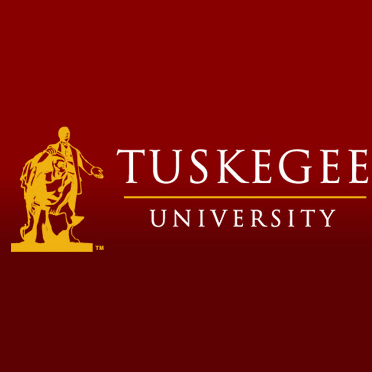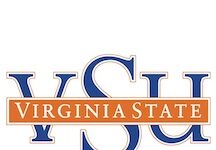![]() New research from the Federal Reserve Bank of Atlanta identifies ways historically Black colleges and universities might improve student performance measures —such as graduation rates and graduates’ incomes — relative to predominantly White institutions. A key element of the study is that it adds important context by considering the circumstances under which HBCU students arrive on campus, and how those circumstances contribute to the challenges the schools face.
New research from the Federal Reserve Bank of Atlanta identifies ways historically Black colleges and universities might improve student performance measures —such as graduation rates and graduates’ incomes — relative to predominantly White institutions. A key element of the study is that it adds important context by considering the circumstances under which HBCU students arrive on campus, and how those circumstances contribute to the challenges the schools face.
For example, compared to predominantly White schools, a larger share of HBCU students are the first in their families to attend college, meaning that many new students at HBCUs lack the guidance from relatives that most college-bound young people take for granted. Moreover, more HBCU students require financial aid, as two-thirds receive Pell grants compared to roughly a third of students at other colleges.
The authors address broad questions of what mechanisms might deserve more attention in achieving better outcomes considering the characteristics students bring to campus. The goal, the researchers said, is to help HBCUs devise strategies to help improve student outcomes in the short and medium term.
The full report, “Decomposing Outcome Differences between HBCU and Non-HBCU Institutions,” may be downloaded by clicking here.











The “Atlanta Federal Reserve” should be duly ashamed for putting out another very misleading, incomplete, and very biased report on HBCUs. In my view, this so-called report implicitly make it appear as if the reason for HBCU challenges is primarily due to those who come from the lower SES. Nothing could be further from the truth. What this so-called report doesn’t explain “Why significant number of Black students come from the lower SES ranks”? It’s quite simple Atlanta Federal Reserve! It’s called historical and current American institutional, structural, and financial racism. This so-called report is nothing more than another long line of sub-par attacks on HBCUs. That said, I would suggest the “Atlanta Federal Reserve” write a report on the low graduation rates of PWIs such as Alabama, Tennessee, West Virginia, or Lake Superior State Univ. (MI). In sum, one can very easily see the Mels de Zeeuw, Sameera Fazili, and Julie L. Hotchkiss are totally oblivious on HBCUs based upon their surnames. I just bet, none of these characters have ever been on an HBCU campus.
You are ABSOLUTELY RIGHT! However, there is not shame. It is just another superiority complex studies that says “I know better what you people need to be doing better than you do.
Look within and then compare the context of HBCUs in comparison to the other institutions relative to supporting mechanisms. As a Black woman with five college degrees including two Masters; the differences I’ve seen are that high performing students (including myself) regardless of ethnicity and/or socio-economic status and college contextual issues; outperform due to having strong emotional and financial support from family, seek out help and resources when necessary (e.g. tutors, financial aid, scholarships) and were the best prepared prior to entering college!